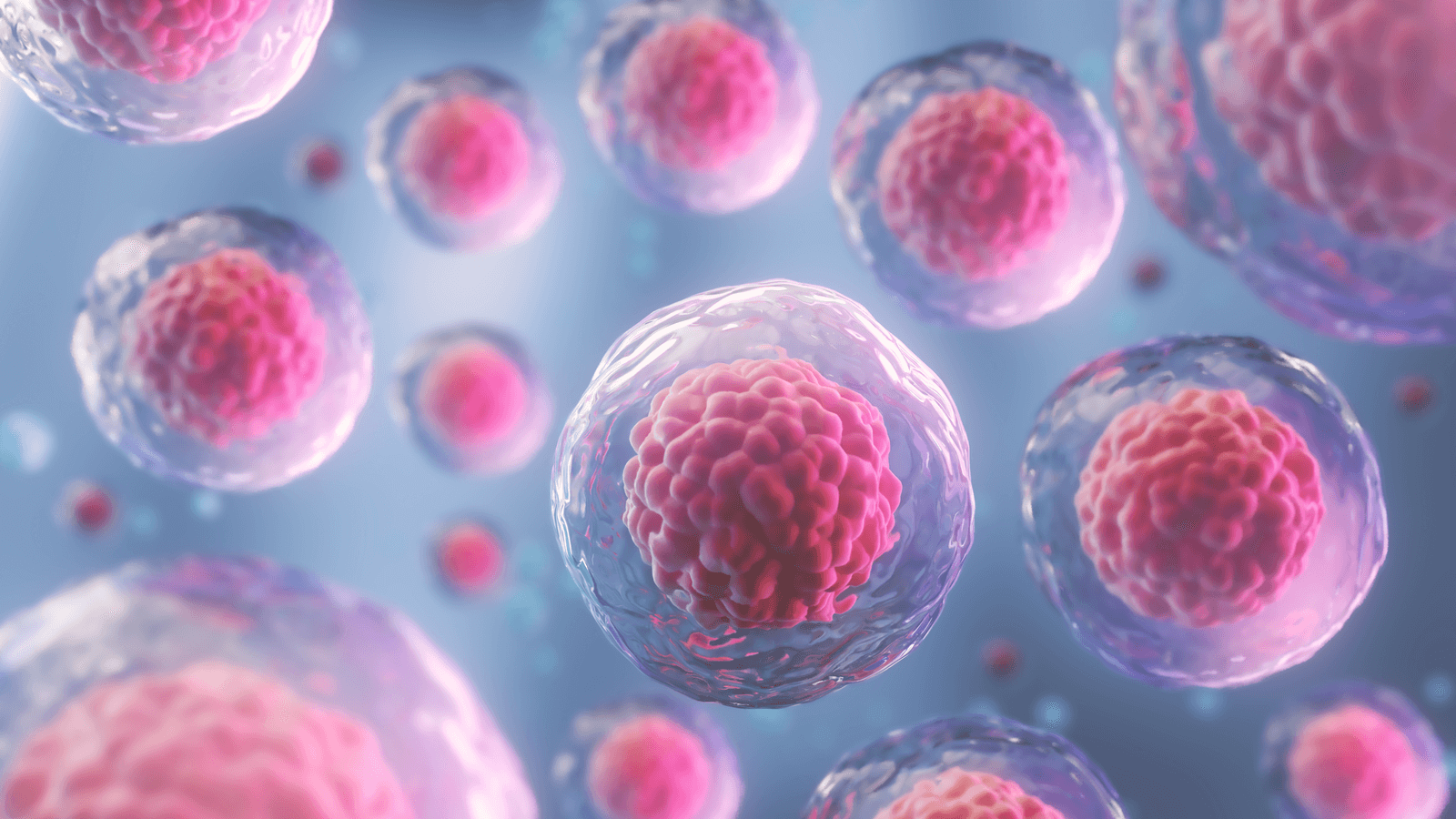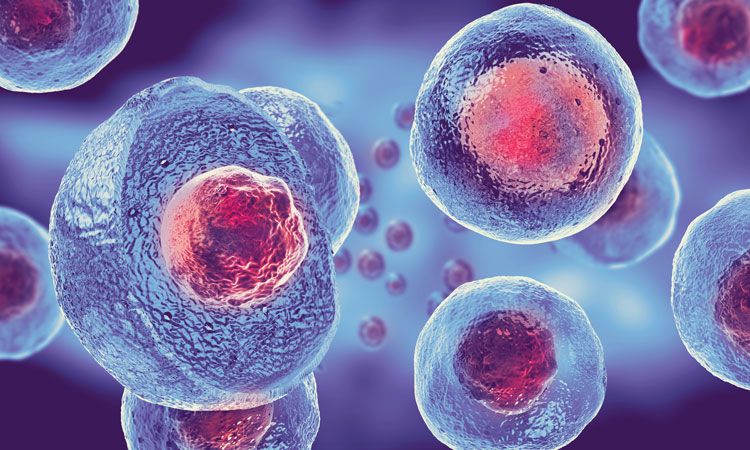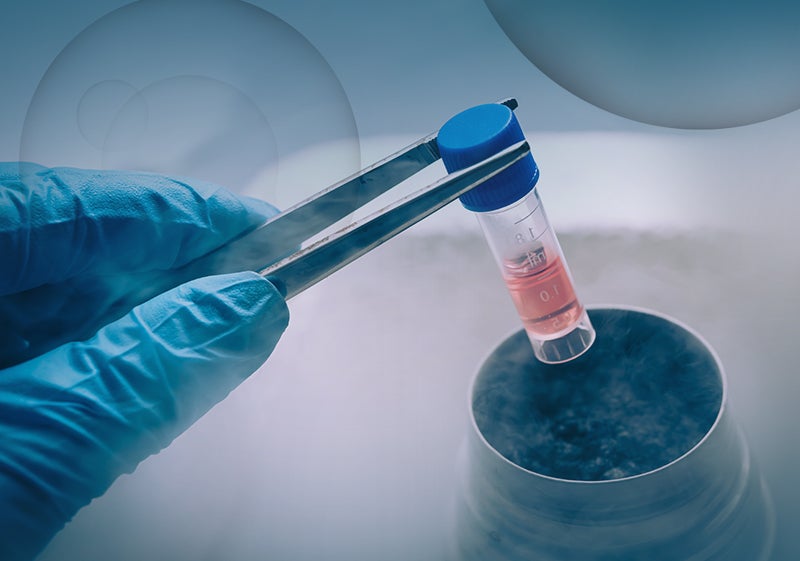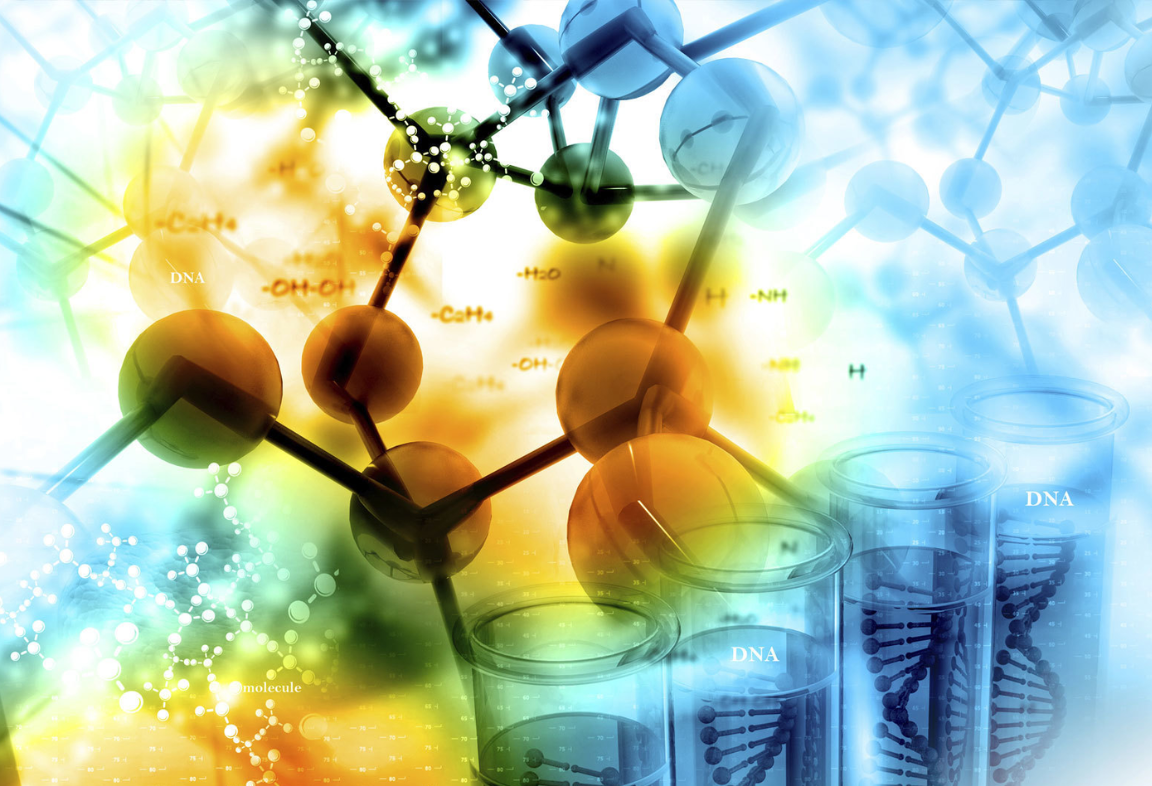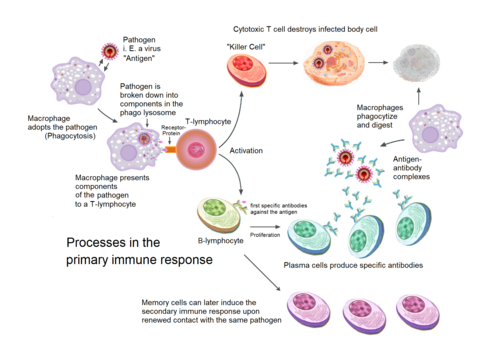Major challenges in stem cell therapy
Stem cells are undifferentiated cells that have the capacity to self-renew and differentiate into specialized cells under given conditions. Stem cells mainly include embryonic stem cells (ESC), induced pluripotent stem cells (iPSC), Epiblast-derived stem cells (Epi-SC), and adult tissue stem
The influence of stem cell therapy in medical fields
Stem cells are unspecialized cells of the human body with the ability to self-renew and differentiate into any type of cells of an organism. Recently, there has been an explosion of interest in stem cells within the scientific and medical
Stem cell banking: benefits and challenges
Stem cell banking is the process of isolating stem cells from the body of a donor, processing them, and storing them for potential future use in the context of stem cell research or regenerative medicine. The low temperature of stem
Stem cell basics : types, sources, and controversies
Stem cells are undifferentiated cells that are present in the embryonic, fetal, and adult stages of life and are characterized by the ability to extensively proliferate and differentiate into different types of cells and tissues (1). The major characteristics of
Evolution Of 3D Cell Culture
In the past decade research has experienced drastic changes in the development of an alternative research method over the traditional use of animal models as an investigative platform. 2D Monolayer in vitro cultures are effective as drug screening platform but
Modeling Infectious Diseases In 3D Human Organoids
Organoids are 3D complex cluster of cells, derived from either stem cells or organ specific progenitors. When these cells are provided with an external scaffold like Matrigel, they form a complex cluster of cells that later differentiate to from a
Organ-On-a- Chip (OoC) Models of Colorectal Cancers
Colorectal cancer remains the second highest cause of death among all cancer-related mortalities. This is primarily due to tumor metastases and the inefficiency of available chemotherapeutic treatments (1,2). OoC models of colorectal cancers have been developed, however they are less
An introduction to the human immune system
The immune system is a host defense system and comprises many biological elements ranging from white blood cells to entire organs and many complex biological processes. The function of the immune system is to protect the host from pathogens and
How does your immune system protect you?
The immune system has a vital role in defending the body from harmful substances, germs, and thus infections. It is made up of a complex network of cells, chemicals, tissues, and organs that recognize invaders and mount an immune response


